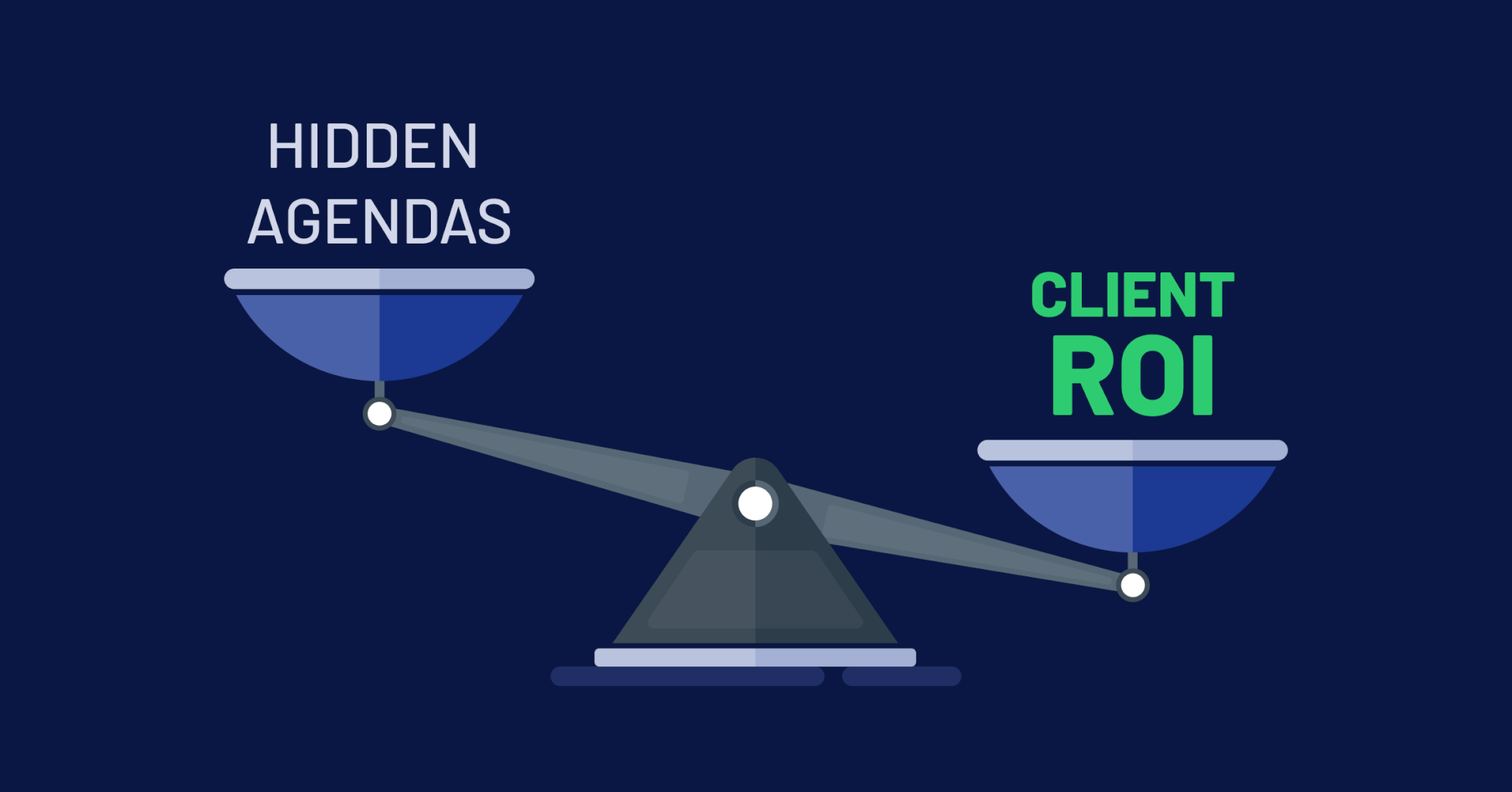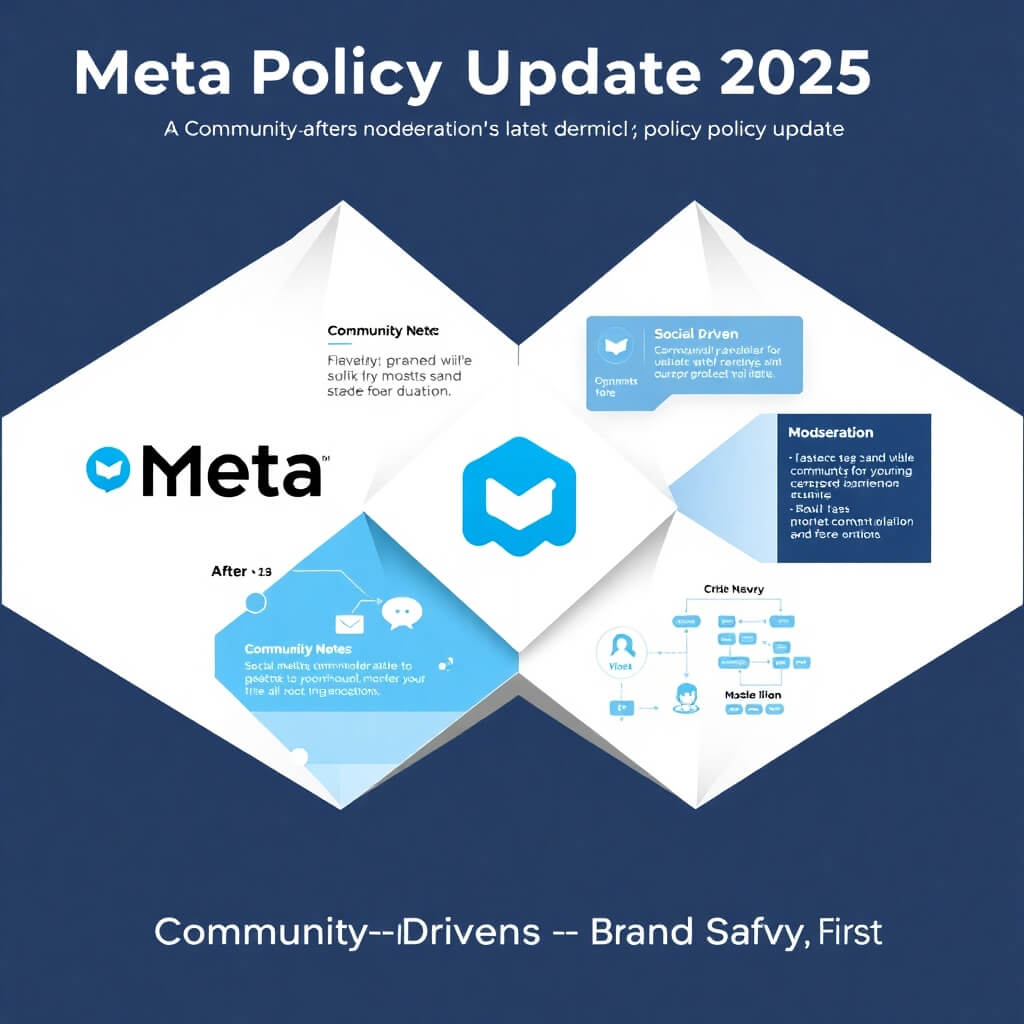Well folks, it’s official! On Thursday, Yahoo officially stated that under a new pact with Google it will display “some” ads sold by its rival. The deal is expected to generate an additional $800 million in annual revenue for Yahoo, through what the Wall Street Journal describes as improved monetization of certain types of searches.
On top of it all, both companies also stated that they are looking for ways to now expand what is considered to be a limited partnership, possibly into the realm of display advertising. Now this would be interesting, as display is one area where Yahoo does hold a commanding lead over Google.
While all of the specifics of this deal have not been definitively worked out, the understanding is that Yahoo will control how Google’s ads are displayed along side its own advertising. Although it has not been 100% defined, my guess here is that Yahoo will most likely give priority to ads purchased directly through its own site, but then populate excess inventory with ads from Google.
Therefore, it appears that Yahoo is entering in a pact to become part of Google’s “Expanded Search Network”. This means that while you will still be able to buy everything you would like directly via Yahoo, whenever there is a case of excess inventory on Yahoo, Google’s ads will now be displayed. It appears to be a similar arrangement that Google has with sites such as Business.com, from which you can purchase ads directly from or go through Google to do so, as Business.com is part of Google’s expanded search network.
Assuming I am correct, and while this great news for the shareholders of Yahoo, there are few things that we as search engine marketers must now consider.
If you did not already know, when you buy advertising from Google, you have a few options. You can go with Google Search, which means you advertise to people just searching on Google; Expanded Search, which means adverting on Google and all of its search partners (AOL, Earthlink, etc.); and then of course there are programs such as Google Content. In my experience, most people opt to go with Google’s expanded search network as they not only get access to the audience on Google, but also those on AOL, Earthlink and more. However, unlike Yahoo’s expanded search network, with Google, it’s an all or nothing proposition. This means that with Google, you can not select which search partners you advertise with and which you do not. Additionally, Google does not disclose what percentage of your searches or budget are actually being spent with their partners, versus them directly. This leads most people to believe that when they advertise with Google all traffic and clicks are coming from people directly on Google, but this is not necessarily the case at all.
Why this is important is that if Yahoo does join Google’s Expanded Search Network, you could end up spending a good portion of your budget directly with Yahoo unknowingly via Google. Because Yahoo does command upwards of 20% of the Search Marketplace, they still have a very good sized audience and therefore you could soon find your Google programs spending much faster that you had previous realized, as you now have your ads being put in front of Yahoo’s still very sizeable audience. As a result, if you were previously reaping the benefits of Google’s Expanded Search Network, whether you knew it or not, with Yahoo in the fold you may have to start spending a lot more to continue to do so.
Additionally, seeing that Google does not let you see the specifics behind what is happening on their Expanded Search Network, you will loose the ability to plan your budget accordingly for Yahoo. I see this as important as both Google & Yahoo perform differently under certain circumstances and therefore you want to be able to structure your campaign on many levels such as Keyword, bidding and budget to take advantage of different audience dynamics. However, under this pact you will be relegated to spending some of your budget with Yahoo, but planning based on your insights from Google. Now, you might say that with Google’s Expanded Search Network you’ve already had to do this for AOL, Earthlink, Business.com, etc., but the difference here is that none of these engines offer an audience the size of Yahoo’s and really have the potential to shift things one way or the other. Now of course you can still advertise with Yahoo directly and plan accordingly, but previously you had the advantage of knowing that you had a Google budget and a Yahoo budget. But now under this new pact you will have a Yahoogle budget and a Yahoo budget, if in fact you decide to advertise directly with Yahoo at all.
This leads me to my last point, what does this mean for Yahoo in the future? In my experience, a lot of organizations like the fact that they can go through one provider and get their ads displayed on multiple engines. In the end you basically get the same result, without the headache of having to manage multiple programs and campaigns. In short, life is simpler. So, does this mean that over time, we will see more people just turning to Google to leverage the fact that they can go there and use them as a one stop shop? I guess the answer to this question relies on the definition of “some”, in terms of what the Google/Yahoo pact means when they say it means that Yahoo will display “some” ads displayed/sold by Google. Ultimately the word “some” is very ambiguous, and leaves a lot of room for this partnership to grow and expand. However, while you can at times get better cost efficiencies of going straight to the source, versus going through a partner, the challenges of managing multiple programs sometimes outweighs the cost benefits gained. Therefore, while I do believe that Yahoo will always have direct presence, I feel that the number of advertisers who opt run programs directly with them will shrink as they realize they can go to Google and manage everything from one single interface. This will be particularly true for those businesses that don’t have the ability to have a dedicated search marketing staff, but previously felt they had to run on both engines in order to access both audiences.
One thing that is for sure is that by making a bid for Yahoo, Microsoft has certainly shaken-up the search marketing landscape. Who would have thought that the net result of trying to acquire Yahoo, would have the unintended effect of making Yahoo run directly in to the arms of the rival that Microsoft as trying to fend off via their intended acquisition strategy. If you think this is strange; based on the precedent set here, I can only imagine what’s going to happen next.





